By Eric Vandenbroeck and co-workers
Police used ladders
to climb over barricades made of buses to get into the residence and enable prosecutors
to speak directly to Yoon, who was impeached last month after making a brief
but botched attempt to
impose martial law and
exert political control.
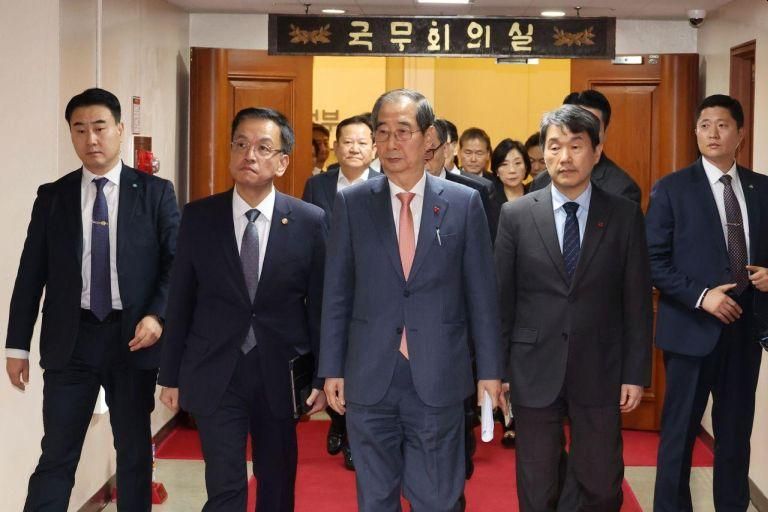
Prosecutors had a
warrant for Yoon’s arrest, which a Seoul court issued after the president ignored
three summonses to
appear for questioning over whether his actions amounted to insurrection.
Yoon’s presidential security detail offered little resistance on Wednesday, in
sharp contrast to an earlier attempt to detain him.
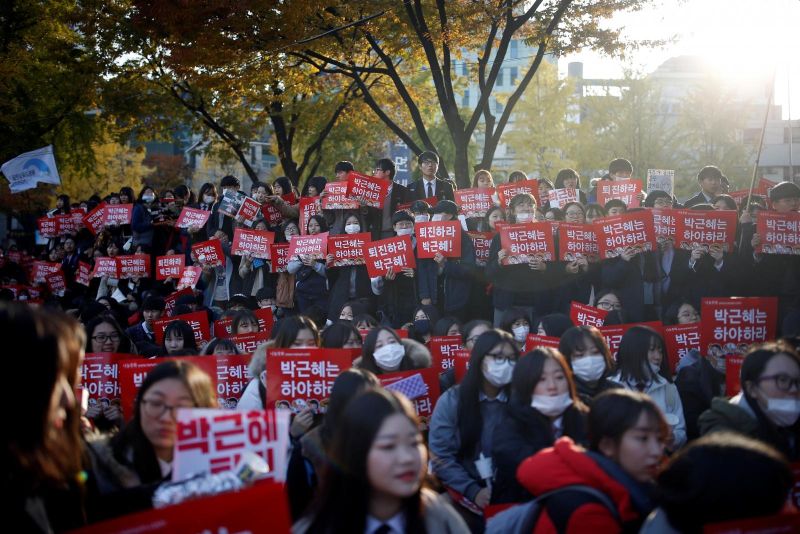
“I decided to
cooperate with the summons order despite its illegality … this does not mean I
view the warrant as valid,” Yoon said in a video message released shortly after
he was detained. He said he had decided to surrender himself because of the
potential for bloodshed as police and his presidential security service faced
off.
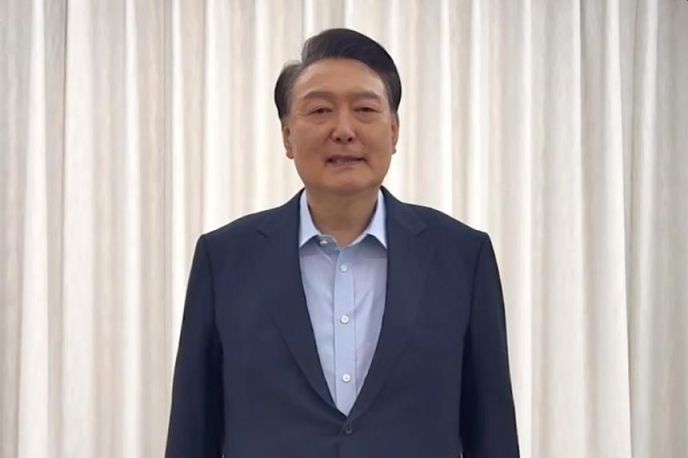
Local television
stations showed a convoy of black SUVs leaving the presidential residence,
transporting Yoon to the headquarters of the Corruption Investigation Office
for High-Ranking Officials (CIO), which is leading the probe into Yoon’s Dec. 3 attempt
to impose martial law.
The CIO said its
prosecutors have started working through their 200 pages of questions for the
impeached president. But Yoon, who is accompanied by a lawyer, has so far
refused to provide any answers, a CIO representative said on condition of
anonymity at a press briefing Wednesday afternoon.
Yoon is set to be
held in a detention center near the CIO headquarters while the questioning
continues. Prosecutors have 48 hours to formally arrest or release the
president.
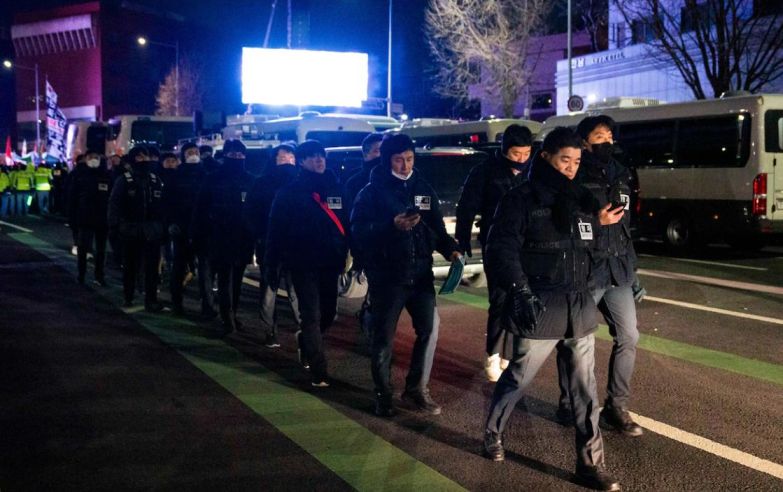
Police officers
patrol in front of the presidential residence as anti-corruption investigators
and police prepare to execute a warrant to arrest impeached South Korean
President Yoon Suk Yeol.
Here is what is known
about his arrest so far:
Who Are the Investigators?
The CIO is leading a joint
investigation team involving the police and Defence
Ministry seeking charges of insurrection and abuse of power against Yoon, among
others, while prosecutors carry out their probe.
The CIO was launched
in January 2021 as an independent anti-graft agency to investigate high-ranking
officials, including the president, and their family members as part of efforts
to keep prosecutors in check.
But its investigating
and prosecuting rights are limited. It does not have the authority to prosecute
the president and is required to refer the case to the prosecutors’ office to
take any action, including indictment, once the questioning is over.
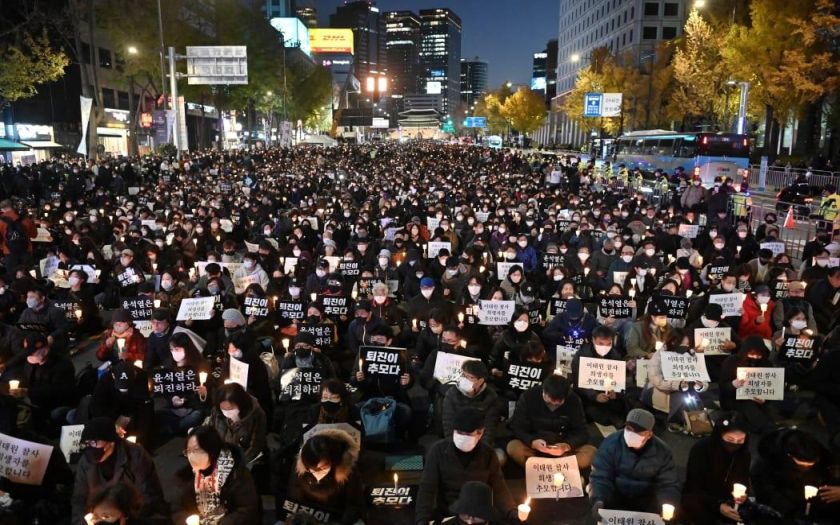
What is Yoon’s Argument?
Yoon said on Jan 15
that he submitted himself for questioning to avoid any bloodshed despite what
he called the illegality of the investigation and arrest.
His lawyers have said
that the CIO does not have the authority to handle his case as the law
stipulates a wide-ranging list of high-ranking officials and violations it can
investigate, but has no mention of insurrection.
Prosecutors capable
of investigating insurrection charges have been carrying out a separate
investigation into Yoon.
The lawyers also said
that an arrest warrant granted by a Seoul district court was unconstitutional
because it specified that the warrant was exempt from two clauses of the
Criminal Procedure Act that limit the seizure and search of a place subject to
confidential military information, or a public official possessing official
secrets, without providing legal grounds.
They said that any
criminal investigation should be conducted after the Constitutional Court holds
a trial on Yoon’s impeachment and decides whether to remove him from
office permanently.
Yoon’s team has filed
a complaint and an injunction with the Constitutional Court to review the
warrant’s legitimacy, though the Seoul Western District Court, which issued the
warrant, has rejected a similar complaint.
On Jan 3, the
Presidential Security Service (PSS) and military guards blocked CIO
investigators from arresting Yoon in a six-hour stand-off. The PSS’ then
chief, Park Chong-jun, had said that the
security service could not cooperate on the warrant, citing the legal debate
over the CIO’s investigative rights and the warrant’s validity.
The CIO has said it
has secured the right to take on Yoon’s case by obtaining the arrest
warrant, and the two clauses of the Criminal Procedure Act do not apply because
the warrant was limited to arresting him, not seizing his possessions.
But the agency has
apologized for initially failing to arrest Yoon and requested that the police
take over the execution of the warrant, based on its consideration that “such a
serious case as this one should not leave even the slightest possibility of controversy”.
Police have
acknowledged that there was a legal dispute over such a transfer but said they
would consult the CIO.
The CIO and the
police held multiple meetings to discuss how to execute the warrant after
securing a re-issued warrant on Jan 7.
Yoon’s legal adviser,
Seok Dong-hyeon, said the bid to transfer the
execution of the warrant is effectively an admission by the CIO that its probe
and the warrant are “illegal”.
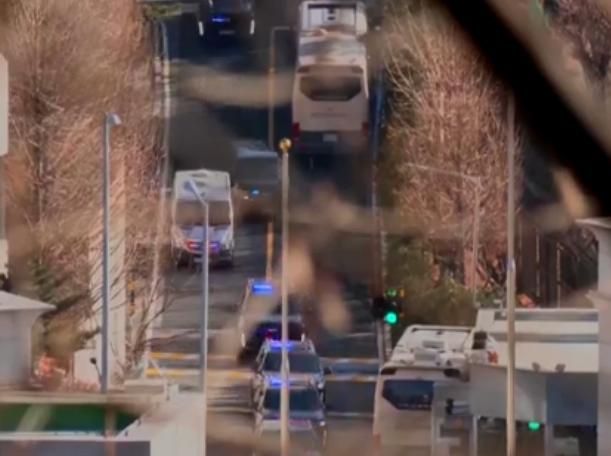
What Do the Courts Say?
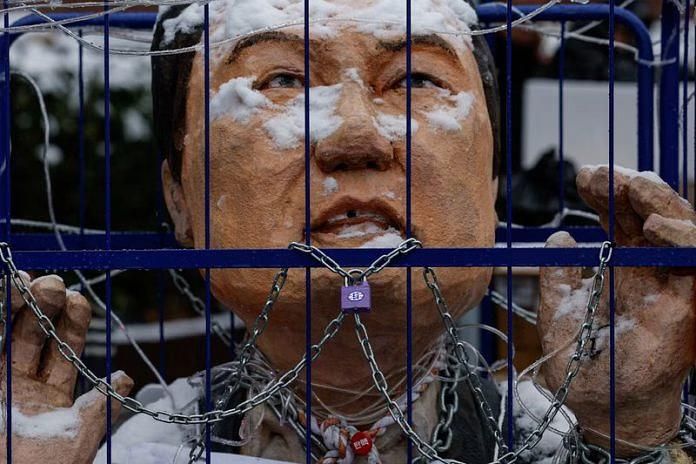
The Constitutional
Court said on Jan 13 that it is reviewing the complaint and injunction filed
by Yoon’s lawyers.
The Seoul Western
District Court, which previously dismissed a similar complaint, said it is not
illegal for the CIO to handle Yoon’s case as allegations of insurrection are
included in abuse of power charges covered by the agency.
It also said the
warrant’s exemption from the two Criminal Procedure Act clauses appears to
confirm that any search that might entail was aimed at arresting the defendant,
not seizing his belongings, and it was not unconstitutional for a judge to
specify that when approving a warrant.
Yoon’s lawyers
criticized the court’s statement as “sophistry” and said they would consider
appealing against the decision before a higher court.
For updates click hompage here